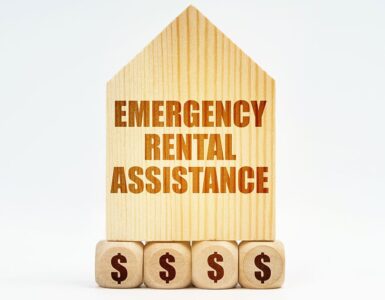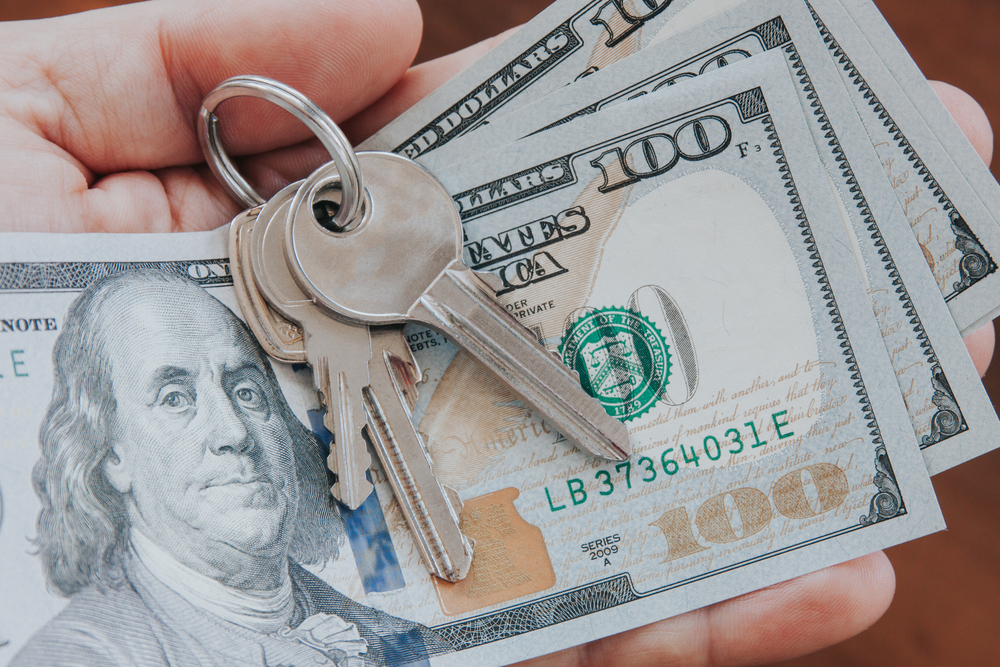Here are some frequently asked questions on how this government assistance program works.
Its name may not sound appealing, but public housing could become your ideal living situation. How? By putting a roof over your head that doesn’t break the bank, which will allow you to allocate more of your monthly budget to expenses besides rent.
Since you may be unfamiliar with how public housing works, here are some common questions and answers to bring you up to speed:
1. What is public housing?
Public housing is a program administered by the U.S. Department of Housing and Urban Development (HUD). It offers affordable rentals to those who need it most.
2. What types of housing can you get through the program?
Depending on where you live and the availability, you could find yourself living in an apartment, townhome, or single-family home through the public housing program.
3. How do you become eligible for public housing?
If you’re familiar with Section 8 vouchers, you’ll notice that many of the eligibility requirements for public housing are the same. Here’s what your local Public Housing Agency (PHA) will use to determine your eligibility:
- Your status as a low-income family, senior citizen, or a person with a disability.
- Your citizenship status.
- Your annual gross income.
Other factors may also come into play with your PHA.
4. How can you apply for public housing?
Your PHA will be your main contact throughout the application process. You can find yours by going here.
Once you get the ball rolling, either you or a housing counselor will complete your application.
Here are some bits of information you will need to complete it:
- Your current phone number and address.
- Names and dates of birth of everyone who will be living in public housing with you.
- Contact information for your current and previous landlords.
- The sources of income and an estimate of how much your family will make within the next year.
- Contact information for your employers, banks, etc., to help verify your income.
- Knowledge of any conditions that could accelerate your application, such as currently living in substandard housing, status as a veteran, etc.
In addition to your application, the PHA may require an in-home interview to evaluate you and your family as possible tenants. Unlike other living situations, the PHA serves as your landlord in public housing, which is why they’ll most likely request this interview before making a decision.
5. What happens after you apply for public housing?
If you become eligible for public housing, you will be placed on a waiting list until a home becomes available.
6. What is the wait time for public housing?
There’s no definite answer to this question. However, like Section 8 housing vouchers, you can expect long wait times since the demand for public housing is so high. You may be able to get housing more quickly if you apply in an area with lower demand.




